How this M’sian ex-aircraft engineer grew her candle biz into a successful 10 Y/O brand
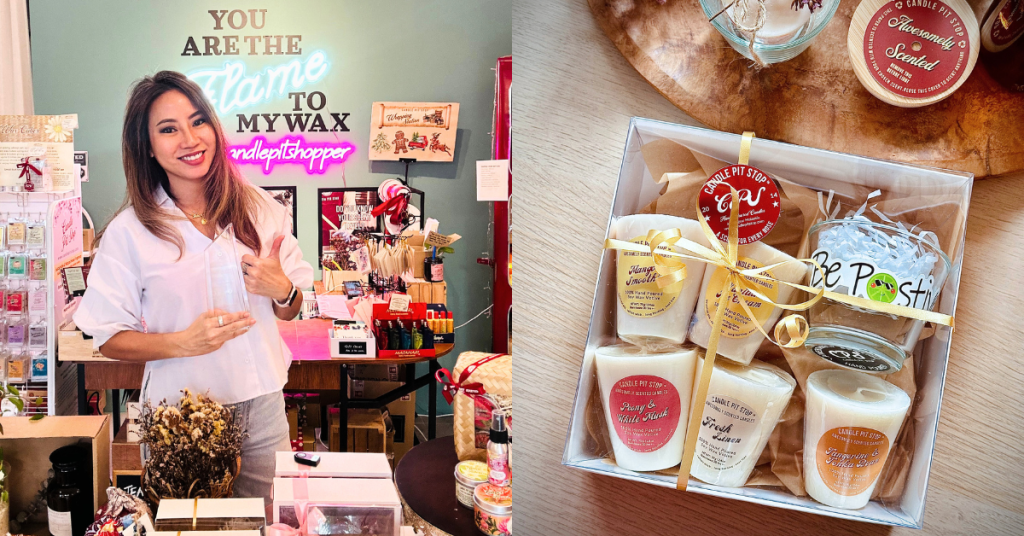
Graduating as an aircraft engineer, Julia Jules Wan was one of the four pioneer women in Malaysia to be in the male-dominated field.
She worked on planes like the B737, B777, and propeller planes at the Malaysia Airlines Engineering division for over 11 years before moving abroad with her husband for his job together with their then 9-month-old baby.
Today, the 45-year-old is the founder and the Scent Director of Candle Pit Stop (CPS).
“Fine, I’ll do it myself”
Although she’s always been curious about scents and the emotions they evoke, Jules has never been a huge candle lover. Yet, she would be gifted them by relatives who traveled.
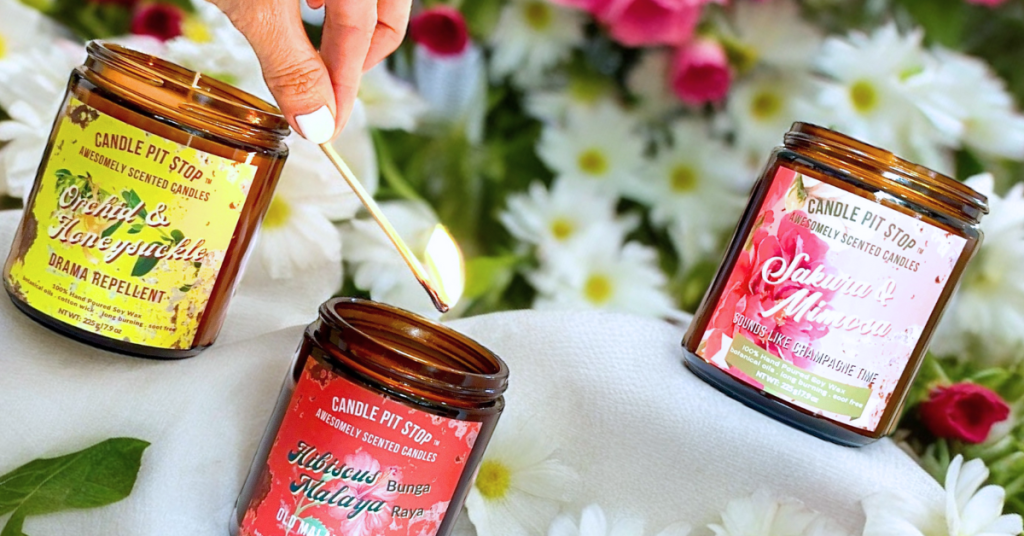
“I used them and hated using them,” she admitted. “They never burnt well. The scent always disappointed me, and I never found any therapeutic value in them.”
It was during her time in Bali that her mind changed. She witnessed how the aroma of incense and the flicker of candles could bring relaxation to a space. She realised how relaxing it was to have the correct scent and light.
“Also, my engineering inquisitiveness found candles and its technicality of creating that perfect burn and scent throw interesting,” she added. “It was an engineering playground for me.”
She added that her exposure to the various metal and chemical scents might’ve spurred her to create scents that please the nose, uplift the mood, and provide a warm inviting atmosphere.
Starting out in 2014, Jules had noticed a gap for natural candles in Malaysia. Thus, she made a decision to create and formulate her own scent blends unique to Candle Pit Stop while using only sustainable ingredients, like soy wax.
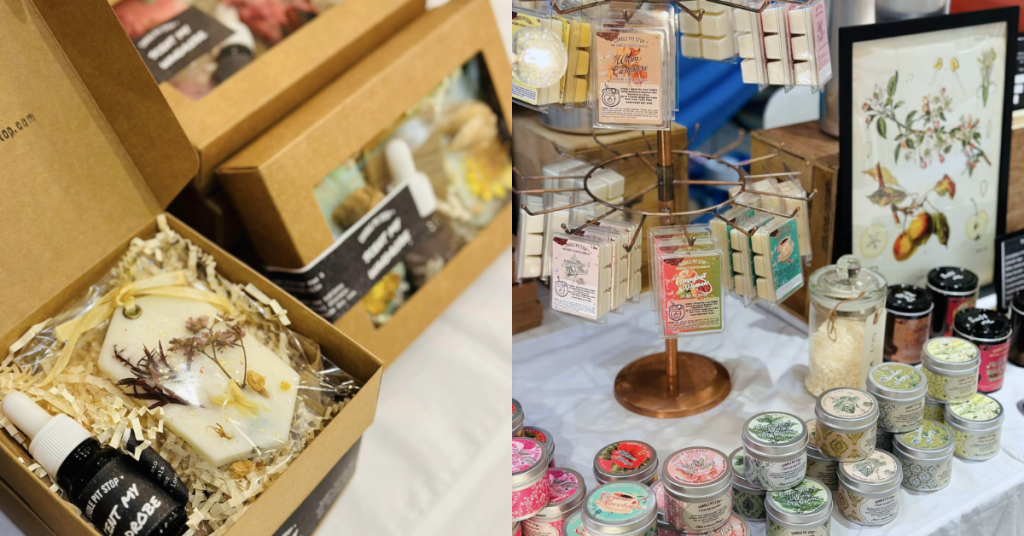
“I have worked on the formulation since 2014. I did not produce candles immediately. I tested a lot. And like a scientist, I experimented and there were many failed candles,” she recalled.
“My house will be filled with these failed candles. To the point my husband will complain we never had good working candles at home.”
At the time, the business ran from her kitchen, and she would host candle workshops for corporates, private functions, and events.
“Soon, I started getting manufacturing orders for private labels in Malaysia and later, boutique international brands,” Jules added.
Now, they’ve served big clients like Facebook, Bonia, Pandora, Lux, Shell, Dorothy Perkins, De Beers, and more.
Becoming an entrepreneur
But it was not an easy journey at all. For one, Jules pointed out that a candle business is not cheap.
“Stock inventory is high, especially when dealing with imported oils in bulk in foreign currencies like USD and Euros,” she shared.
She recalled that for her first kiosk, it took around RM70,000 in capital, including an expensive rental. At that point, she did not personally produce enough candles yet, so she imported some natural dry wax candles.
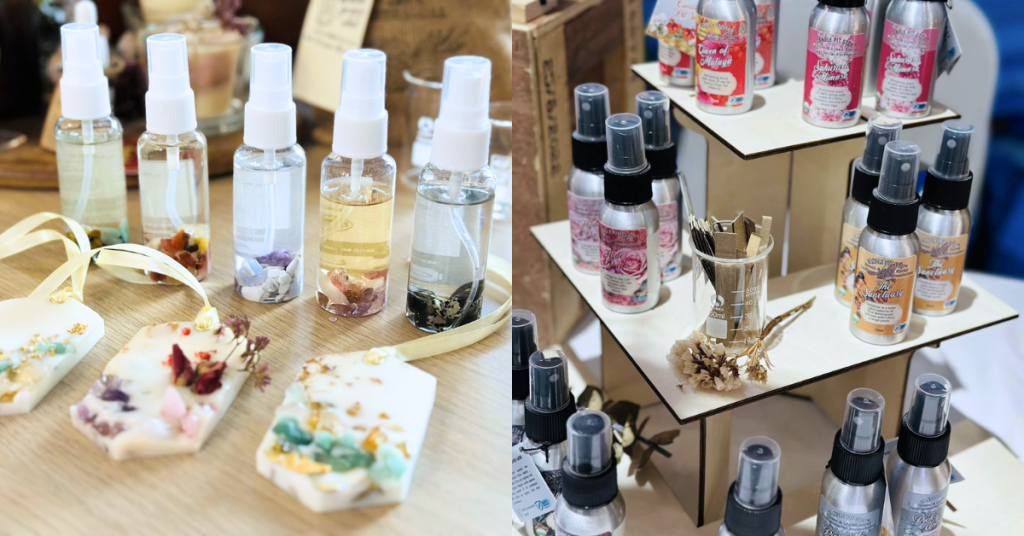
“I did not have a clue on running a retail business and my horns were too green at that time. It did not go well, and very soon [I] lost all funds,” she said. “It was a painful experience as that was also my hard earnings as an aircraft engineer.”
Thankfully, their candle workshops picked up traction, and some very important decisions to pivot the business came along too.
Jules would pour their revenue back into the business, adamant not to get external investment. Her motto from then till now is: “A business’ health can only thrive if it has its own heartbeat.”
“It took me seven years of bootstrapping and a lot of hard work and learning the ropes of cost control and projections,” she said. “Eventually the business thrived and became cash positive on its own. It was my proudest moment as a business owner.”
Developing the in-house brand
After her first kiosk in IPC, Jules moved to Atria to try a full retail lot. By then, CPS’ manufacturing line was bigger than their retail business and thus needed more space than Jules’ dining room.
Yet, they eventually moved from the retail mall location as they were not optimising the retail space well.
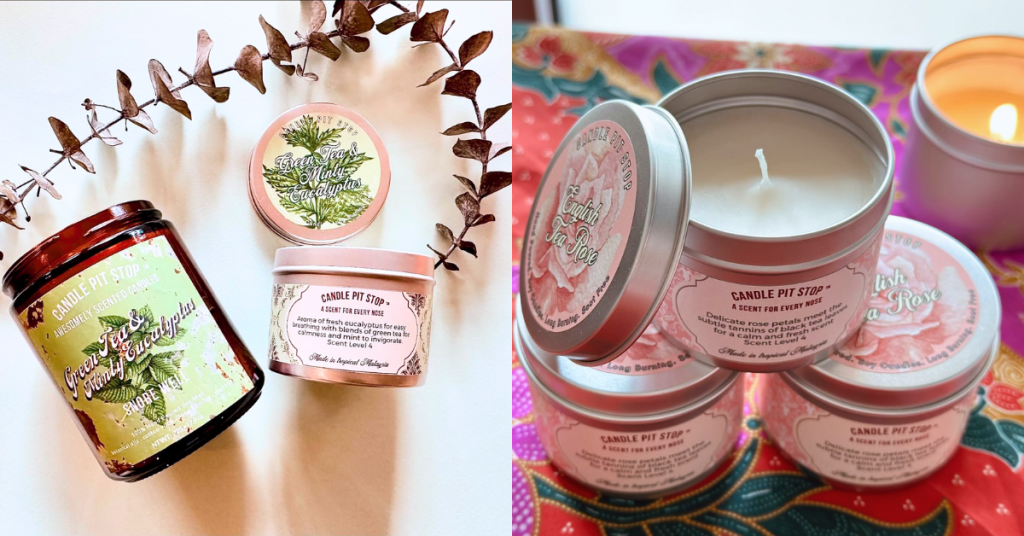
“I made the decision to shut the retail store to concentrate on manufacturing. But not long after, COVID hit,” she said. “I am very grateful to have made the difficult decision to move out of retail then to focus on one thing I thought was the way [forward for] Candle Pit Stop—manufacture.”
The pandemic meant many clients slowed down their orders, but it was fortunate that Jules had no capex to pay.
She used the free time to expand her formulation of both wax and scents for a dream she’s held onto for a long time—her own home brand of candles under Candle Pit Stop.
Despite it being the pandemic, Jules took the leap of faith and marketed her products online. It was the right choice, as online sales grew almost immediately.
Post-pandemic, Jules began looking for a premise that could cater to their boutique manufacturing needs, office, and showroom. This meant it needed plenty of space for loading and unloading stock.
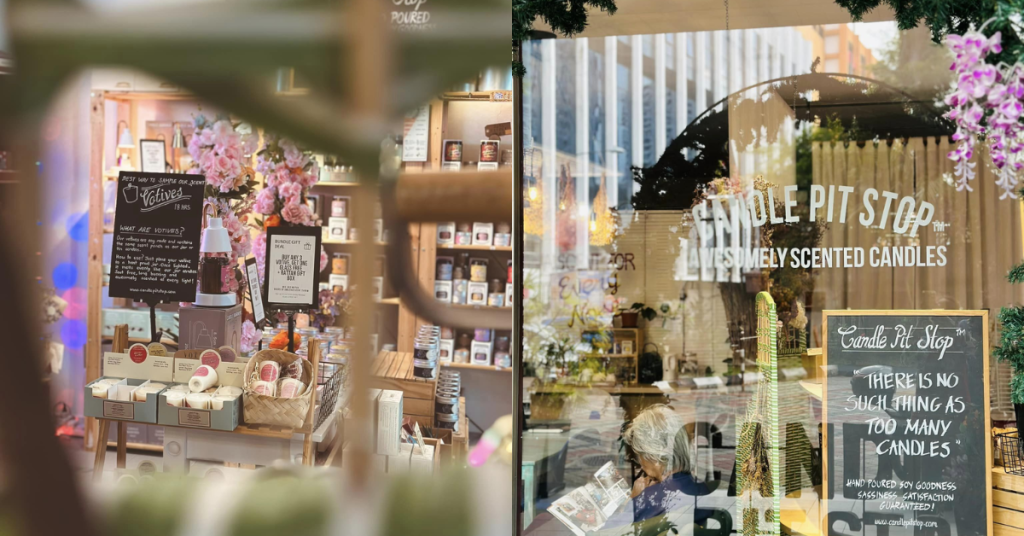
Eventually, she found the perfect location in Bangsar, which has now become CPS’ flagship retail store for all their walk-in customers.
Keeping the fire alive
Since 2014, many homegrown candle brands have popped up. But Jules believes that with over a decade in manufacturing and wax formulations, CPS’ customer base knows they are in it for the long run.
Plus, since CPS blends its own fragrances, each scent blend has its own levels that can cater to every nose sensitivity as well.
“Our scents have three levels,” Jules elaborated. “Level 3 being for people who are sensitive to fragrances and can get headaches, sneezing, and allergies. Level 4 scents are generally for everyone. And level 5 scents are for those who prefer heavier fragrance, have pets at home, or require fragrance that work well as an odour eliminator.”
Jules shared that she usually sets goals and milestones every year for her business. Although she doesn’t stress over it, she is definitely excited about the prospects.
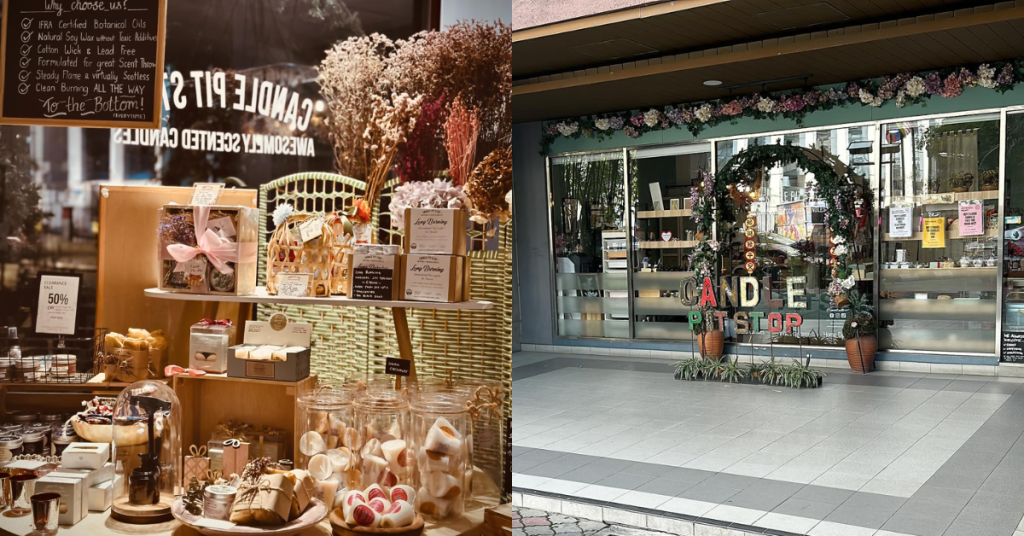
“Some product formulations have proved to be successful after months of testing, hence it means we are now able to expand even more of our product categories,” she said.
Catering to both B2C and B2B, she hopes to take CPS international too, believing her business has a strong foundation for steady growth in the years to come.
“A candle business can sound so simple,” the former aircraft engineer said. “But like all businesses, you truly need perseverance, focus, belief, determination, and grit if you take it seriously. It can light your path, or truly burn you in the process.”
- Learn more about Candle Pit Stop here.
- Read other articles we’ve written about Malaysian startups here.
Also Read: Think you have a winning company culture? Get awarded & recognised by TalentCorp Malaysia.
Featured Image Credit: Candle Pit Stop
Malaysia’s Cradle has been tapped to lead the ASEAN Startup Initiative, here’s what that means
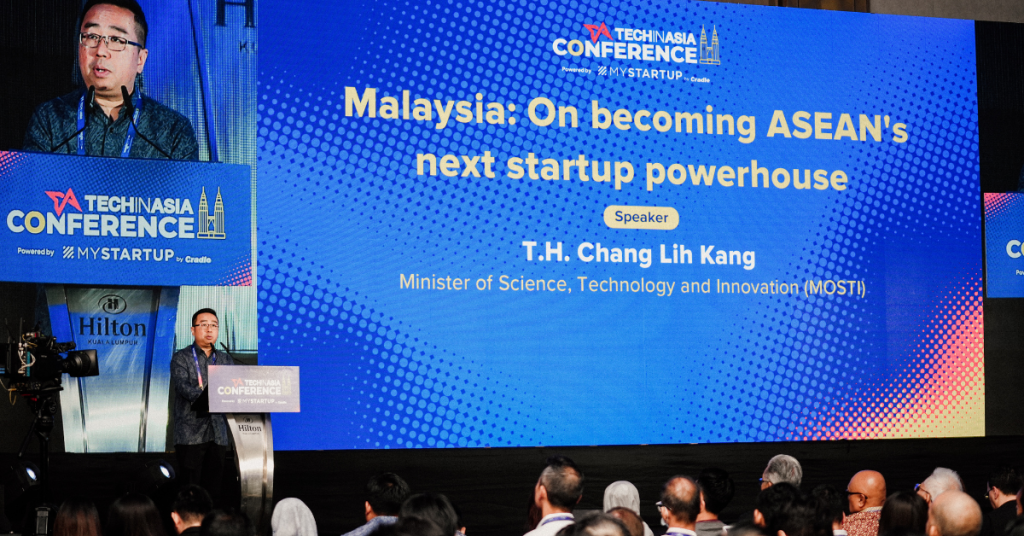
[Written in partnership with Cradle, but the editorial team had full control over the content.]
Established in 2003, Cradle is the focal point agency for Malaysia’s early-stage startups.
Administered by the Ministry of Science, Technology and Innovation (MOSTI), Cradle’s mandate is to fund and support potential and high-calibre tech startups through its grant programmes, CIP Spark and CIP Sprint.
And now, MOSTI, as the National Committee on Science, Technology and Innovation (COSTI) Chair of Malaysia, has also mandated Cradle to lead the ASEAN Startup Initiative under the Science, Technology and Innovation (STI) sector.
But what is the ASEAN Startup Initiative?
Essentially, as the name suggests, the aim of the ASEAN Startup Initiative is to foster greater collaboration, innovation, and growth among startups in the region.
With Malaysia taking the chairmanship in 2025, Cradle, as the implementation agency under MOSTI, is set to pave the way for a thriving startup ecosystem in ASEAN.
The initiative will be implemented through ASEAN Technology Startup Ignite, one of Malaysia’s 2025 Priority Economic Deliverables, with the following objectives:
- Facilitating startup go-to-market strategies
- Fostering regional collaboration
- Promoting innovation and entrepreneurship
- Attracting foreign investment
- Creating job opportunities
- Enhancing economic growth
- Positioning ASEAN Member States (AMS) as competitive players in the global startup ecosystem
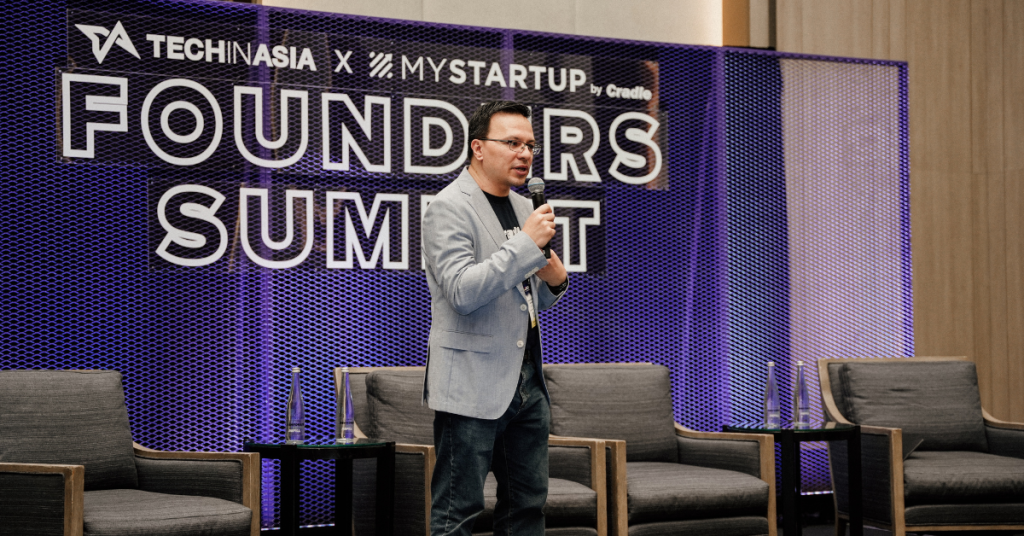
This was endorsed by the 85th Meeting of the ASEAN Committee on Science, Technology and Innovation (COSTI-85) and the 20th ASEAN Ministerial Meeting on Science, Technology and Innovation (AMMSTI-20) in Siem Reap, Cambodia recently.
Led by Malaysia, the ASEAN Startup Initiative addresses three main areas:
- Increase “startup-friendly” policies to create a conducive environment for startups to thrive,
- Enhance ecosystem readiness among ASEAN Member States to ensure a supportive infrastructure for startup growth, and
- Drive collaboration to foster impactful partnerships and synergies within the region.
“After KL20, we all witnessed the pinnacle of Southeast Asian tech at the Tech in Asia Conference, held for the very first time in Kuala Lumpur,” said YB Tuan Chang Lih Kang, Minister of MOSTI.
“By addressing key areas such as policy, ecosystem readiness, and regional collaboration, we aim to position the ASEAN Member States as leading players in the global startup landscape.”
What will Cradle be doing?
Norman Matthieu Vanhaecke, the Group CEO of Cradle, announced the key deliverables for Cradle, as outlined in the Priority Economic Deliverable 2025.
“Each of these deliverables has been meticulously curated to address not only local challenges but also regional issues,” he said.
Starting in 2024, Cradle will implement the ASEAN Startup Initiative in phases. The first phase will kick off with the development of the ASEAN Startup Portal, a cornerstone for regional startup collaboration and a valuable resource for startups and investors across ASEAN.
In 2025, the second phase of the ASEAN Startup Initiative will commence, focusing on capacity-building programmes.
Cradle aims to work with all ASEAN Member States, leveraging their collective strengths to address individual and shared challenges, and create a thriving ecosystem that benefits all member nations.
“Our unified efforts will pave the way for a prosperous and sustainable future,” Norman stated.
As Cradle makes good on their promises, startups in Malaysia can stay tuned to their social media to see what they launch next.
Also Read: You don’t think website building is worth RM100K until you know what this M’sian team can do
Featured Image Credit: Cradle Fund
COVID-19 made her start a daycation booking site, now it works with 4,500+ hotels globally

Remember a couple years ago when we were all cooped up at home bored out of our minds?
Yeah, I’m talking about the pandemic. Almost everyone was struggling in search of something to break out from the monotony that COVID-19 brought on.
Singaporean expat Martha Waslen felt exactly the same. She’d usually bring her family on travels abroad but lockdowns made that impossible.
So she looked towards another avenue for escape—hotels. Hardly anyone stayed at hotels at the time because there simply wasn’t a need to. It was a shame as they had all these facilities and experiences that weren’t being used.
That is, until Martha got the idea to launch DayAway, a platform that grants people access to luxurious experiences. Oh and did we mention that you don’t have to be a hotel guest to gain these privileges?
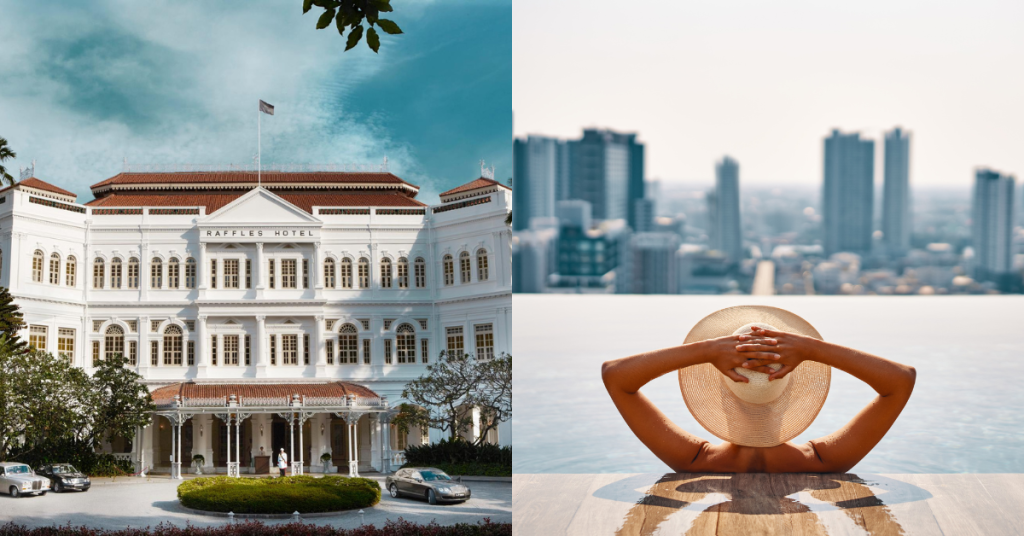
Opening up doors for the public
By joining DayAway’s one-of-a-kind membership, you’ll unlock special experiences and privileges from the best hotels, restaurants, and private clubs.
Or at least, that’s what the brand states on its website.
Elaborating on that, Martha shared that DayAway members enjoy access to luxury spa, wellness, and dining experiences curated for its community. This also includes the advantage of preferential pricing, discounts, and gifts-with-purchase from DayAway’s network of high-end partners.

All customers have to do is sign up and start redeeming these benefits.
Based on its website, the memberships start from S$100 depending on which package you choose. Some of them are linked to specific hotels, like the Raffles Sling & Swim membership by DayAway (S$150).
The latter happens to be their most popular experience for our local DayAway Singapore members. It includes a three-hour access to Raffles Hotel’s rooftop pool, a complimentary Singapore Sling cocktail, and a dining credit at its Pool Bar.
Another favourite is their Wellness Retreat at The Capitol Kempinksi Hotel. Part of this experience comprises access to a suite from 9AM to 5PM, a complimentary 60-minute massage for two, and a dining credit to be used anywhere within the hotel.

Micro-holidays and luxury wellness experiences
“DayAway was built to connect a growing demand for ‘micro-holidays’ and luxury wellness experiences to a huge supply of underutilised ancillary spaces at luxury hotels,” Martha explained.
Think of pools, machine-equipped gyms, spas, you get the picture. All of these services weren’t being fully utilised because they were specially provided for hotel guests.
But what do you do when there are hardly any guests, as was the case during the pandemic?
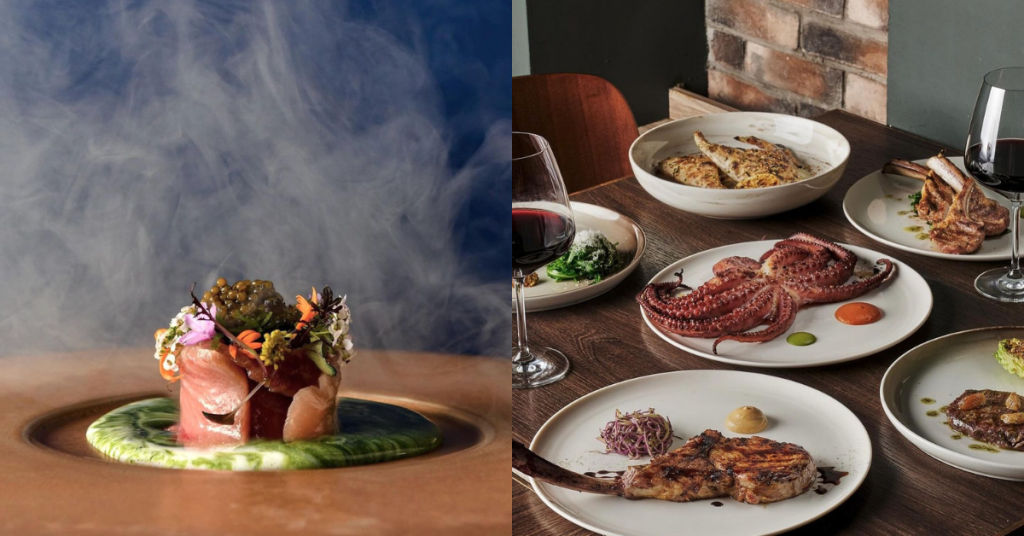
It seems that hotels and other businesses in the hospitality industry were left to suffer. Just a quick Google search will show you the various negative impacts it caused the industry. Many of them were forced to let go of hundreds if not thousands of staff members to survive.
This made it even more crucial for those in the industry to find new ways to adapt and start generating revenue again.
And one such strategy was by partnering with DayAway.
“We work closely with our hotel partners to identify revenue opportunities throughout the hotel and assist with experience curation every step of the way to ensure it resonates with our community of discerning guests.”
Providing a centralised user experience
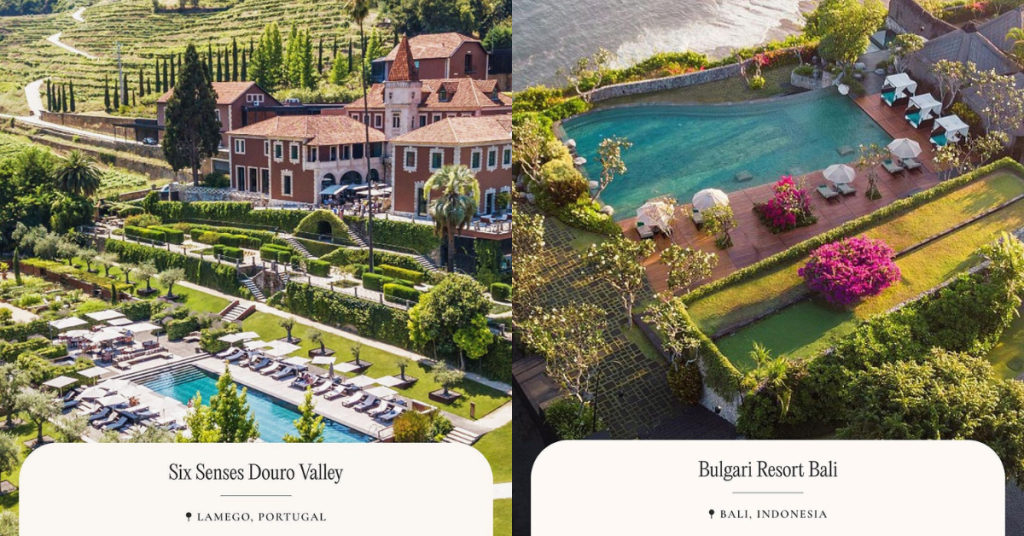
All that said, it’s been a good two years since pandemic travelling restrictions were lifted.
So how has DayAway not only sustained itself but grown to now work with over 4,500 luxury hotels worldwide?
The key lies in the convenience that DayAway provides both consumers and service providers. This is how the brand differentiates itself from hotel websites and loyalty programmes, which are generally focused on room bookings.
“Guests don’t want to visit over 10 different websites to find a spa or dining experience that meets their criteria. DayAway aggregates all of these experiences from luxury hotels in one marketplace, making it easy for our members to browse, discover and book in one centralised platform.”
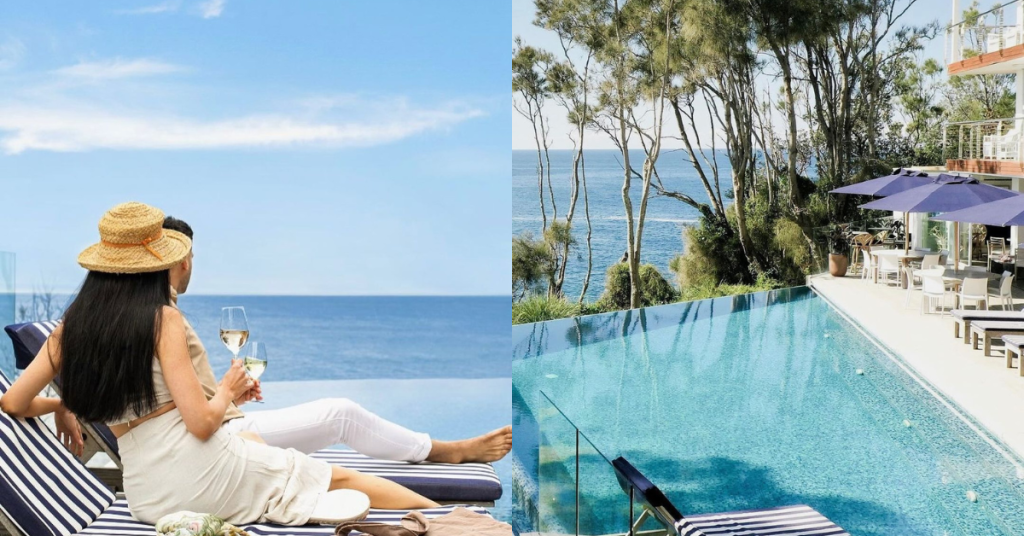
“We’ve found that the user journey for booking these types of experiences is very different from booking rooms, and DayAway is a platform that improves that user experience,” Martha remarked.
In terms of how the platform gains its financial earnings, Martha disclosed that they monetise purely through membership subscription fees. This allows them to negotiate preferential pricing and discounts from providers and pass those savings directly to DayAway’s members.
Not shy to adapt to current needs
Since launching in 2020, DayAway has expanded its network of experience providers to accommodate the evolving interests of DayAway’s members.
You’ll find their offerings ranging beyond just spas and dining experiences now. The newer additions are activities like yacht charters, cultural tours, and art galleries.

They’ve also branched out and collaborated with partners to provide luxury travel subscriptions under the DayAway Jetsetter (S$300) offering. Some benefits members gain from this are better room rates and complimentary airline upgrades.
Recently, they’ve just closed an investment round. Martha preferred to keep the details hush-hush, but she mentioned that the funds will be used to market the platform throughout Southeast Asia.
Doing so enables them to both reach a larger audience of users and increase the number of experiences available in their marketplace.
This puts them one step closer to reaching their ultimate goal—to be the go-to online destination for booking luxurious daytime experiences worldwide.
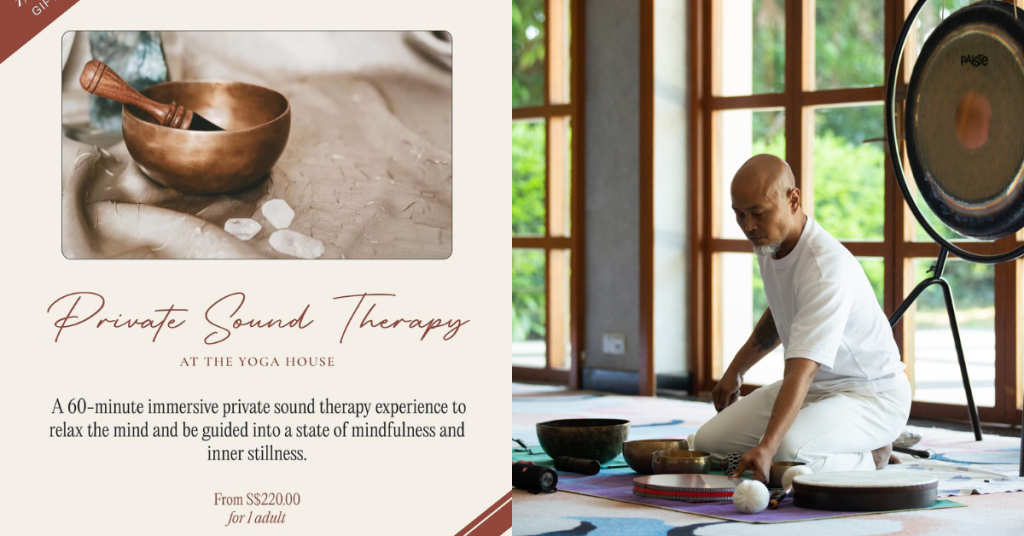
Also Read: Think you have a winning company culture? Get awarded & recognised by TalentCorp Malaysia.
Featured Image Credit: DayAway

